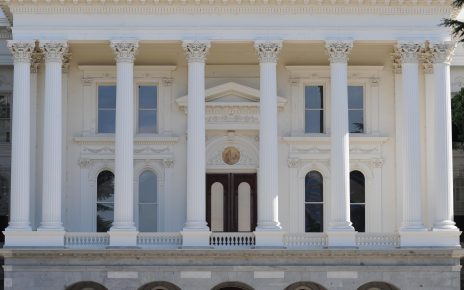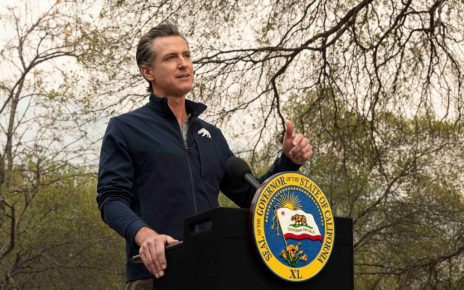California State Park Stewardship Act
California has numerous formals acts in statute. Public Resources Code Division 5, Chapter 1, Article 1.8 provides the California State Park Stewardship Act of 2012, which is contained in Sections 5019.90 to 5019.92. Article 1.8 was added in 2012 by...







